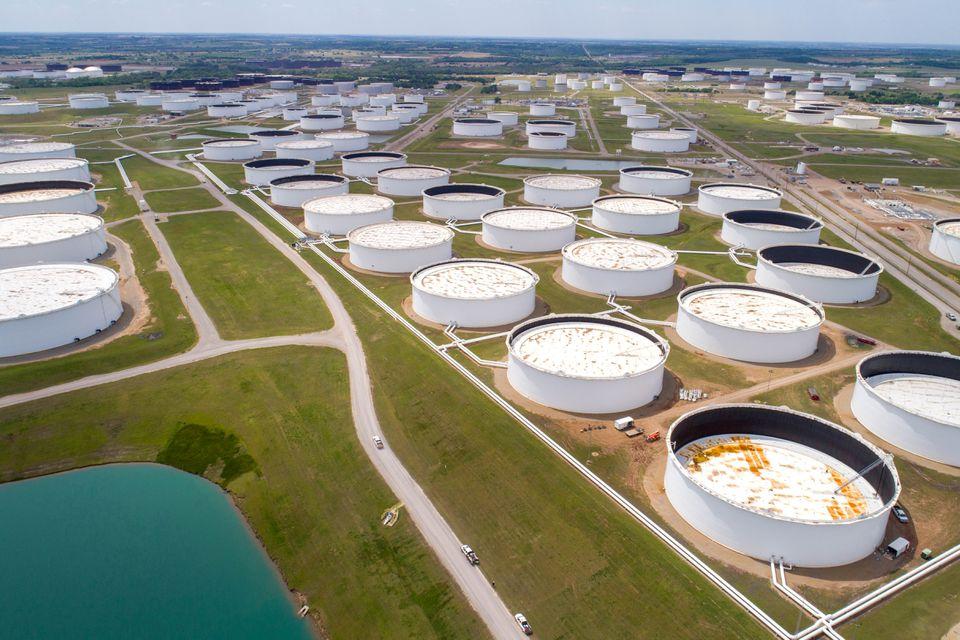Africa-Press – Eritrea. The cost of gas and crude oil surged on Wednesday, increasing the chance of further price rises at UK forecourts and higher household energy bills.
Brent crude – the global benchmark for oil prices – hit $112 a barrel, its highest level since June 2014.
Wholesale gas prices, doubled to above £4 per therm, amid the war in Ukraine, which could feed through energy bills.
The RAC said if the higher oil price is sustained, the cost of filling up a car in the UK will increase with it.
“The sudden $10 jump in the oil price is likely to take the average price of petrol towards 155p a litre and diesel to 160p, particularly as it’s looking like this price isn’t just a market blip caused by the US and allies deciding to dip into the strategic oil reserve. If oil does stay at this level, the journey to an average unleaded price of 155p may be far too quick.” said RAC fuel spokesperson Simon Williams.
The average price of petrol across UK forecourts non Tuesday was 151.6p per litre, according to the RAC.
Higher oil and commodity prices helped the London stock market to buck the downward trend in global markets, with commodity-linked company share prices surging as the Ukraine crisis fanned fears about supply shortages.
The FTSE 100 rose 0.8%, boosted by Shell and BP shares, up 3.8% and 3.1%, respectively.
Meanwhile, the price of US oil – West Texas Intermediate crude – rose to almost $109.78 a barrel.
Oil and gas is still flowing from Russia – but there’s deep concern that situation may change – either because of a further tightening of sanctions, or because Russia itself decides to restrict supplies. So prices are rising.
The decision by International Energy Agency members to release 60m barrels of emergency oil reserves has done little to calm the situation. If anything, comments by the head of the agency that global energy security is under threat have made traders even more nervous.
Meanwhile wholesale gas prices in the UK and Europe have moved perilously close to the record levels seen in December. Europe gets 40% of its gas from Russia and there are deep concerns about what would happen if those supplies were choked off.
At the moment, the high prices are working in Russia’s favour – it’s making billions at a time when it’s economy is being squeezed. While that makes it unlikely Moscow will cut supplies, nothing can be ruled out.
If European nations were to clamp down on oil or gas imports, meanwhile, the impact of its sanctions would be magnified dramatically. But it would also cause serious economic pain for those countries themselves.
The IEA member countries, led by the United States, yesterday agreed to release 60 million barrels of emergency stockpiles, but it appeared to have had a limited effect on pricing.
AJ Bell investment director Russ Mould said the move would not “make any sustained difference” to prices.
“Russia controls a sixth of the world’s gas and a tenth of its oil. Those figures dwarf the 60 million barrels and industrial buyers, or financial speculators, will be focusing on those numbers and where that supply goes.
“The West is still buying Russian supply and Russia is still providing it but that could conceivably change as relations deteriorate further,” Mr Mould added.
Russian oil exports account for about 8% of global supply.
The Organisation of the Petroleum Exporting Countries (OPEC), Russia and allies, a group known as known as OPEC+, are due to meet later on Wednesday, where they are expected to stick to their ongoing policy of increasing supply by 400,000 barrels each day.
ExxonMobil on Tuesday said it would sell out its stakes in Russian oil and gas operations as a result of Moscow’s invasion of Ukraine. Shell and BP have also made similar announcements.
For More News And Analysis About Eritrea Follow Africa-Press







